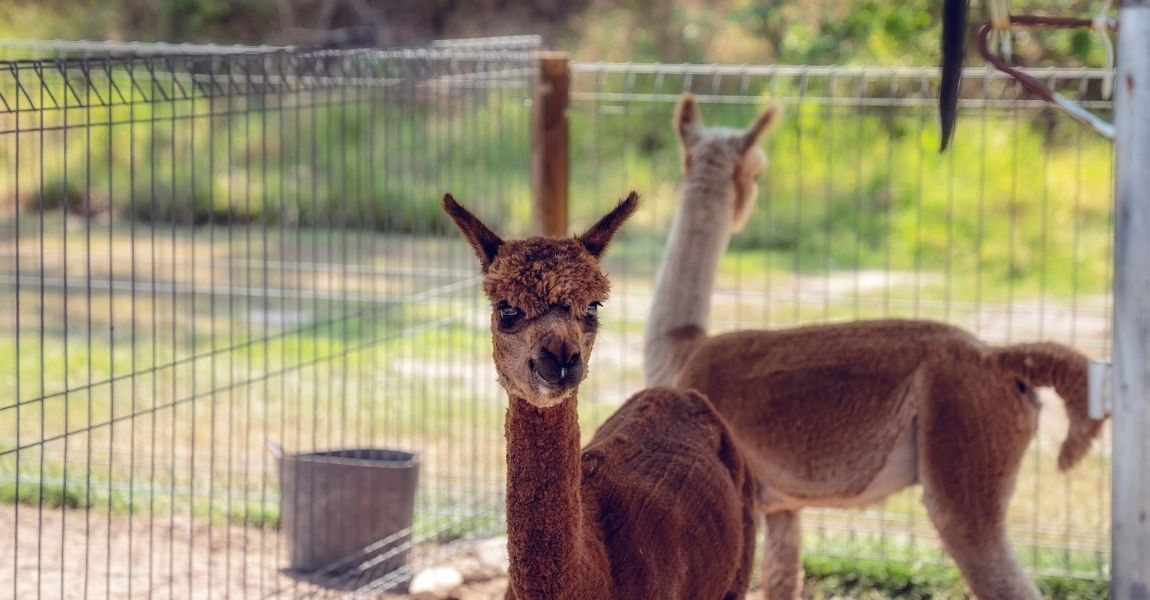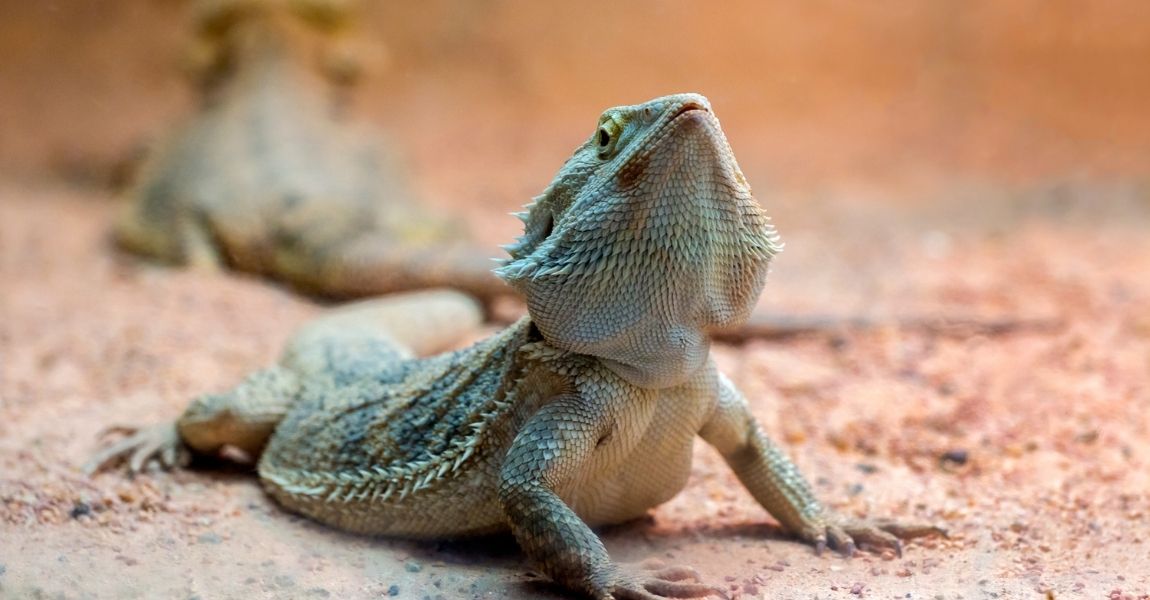Introduction:
Alpacas, the adorable and friendly camelids, are known for their luxurious fleece and gentle disposition. To ensure their well-being and optimal health, providing them with a balanced and appropriate diet is of utmost importance. In this article, we'll delve into the essential elements of a diet plan for alpacas, including their nutritional requirements, feeding guidelines, and common dietary considerations.
Quality Forage:
The foundation of an alpaca's diet should consist of high-quality forage, primarily grass hay. Alpacas are grazing animals and have a unique digestive system that requires a high-fiber diet. Choose clean, leafy hay free from molds, dust, or weeds. Good options include timothy, orchard grass, or a mix of grass hays.
 Fresh Water:
Fresh Water:
Access to fresh and clean water is crucial for alpacas' overall health. Ensure a constant and abundant supply of water, checking and refilling their water sources daily. In colder climates, water heaters or insulated buckets may be necessary to prevent freezing during winter.
Mineral and Salt Supplements:
Supplementation is vital to meet alpacas' mineral requirements, as forages alone may not provide sufficient levels. Consult with a veterinarian or an experienced alpaca nutritionist to determine the appropriate mineral supplement for your herd. Additionally, providing a free-choice mineral salt block allows alpacas to self-regulate their intake according to their needs.
 Pasture and Grazing:
Pasture and Grazing:
Alpacas naturally enjoy grazing, so access to pasture can contribute to their overall well-being. Rotational grazing can help maintain healthy pasture growth and prevent overgrazing. Monitor the pasture conditions and ensure it is free from poisonous plants that can be harmful to alpacas.
Feed Concentrates:
While forage is the primary source of nutrition, alpacas may require additional energy and protein in certain situations. This includes pregnant or nursing females, growing crias (baby alpacas), or alpacas with higher energy demands due to cold weather. Consult with a nutritionist to determine the appropriate feed concentrates or supplements that meet the specific needs of your alpacas.
Dietary Considerations:
Alpacas have unique digestive systems, and sudden dietary changes can lead to digestive issues. Introduce new feeds gradually over several days to allow their digestive system to adjust. Avoid feeding them foods that are toxic to alpacas, such as onions, garlic, chocolate, or plants like azaleas, rhododendrons, and yew.
Feeding Schedule:
Establish a consistent feeding routine for your alpacas. Most alpacas thrive with twice-daily feeding, but individual needs may vary. Monitor their body condition regularly and adjust the feeding amounts accordingly to maintain a healthy weight.
Conclusion:
A well-balanced diet is vital for the health and vitality of alpacas. By providing them with quality forage, access to fresh water, appropriate mineral supplements, and considering their individual needs, you can ensure their nutritional requirements are met. Remember to consult with an alpaca nutrition expert or veterinarian for personalized advice and guidance. With a proper diet plan, your alpacas will enjoy a happy and healthy life.






